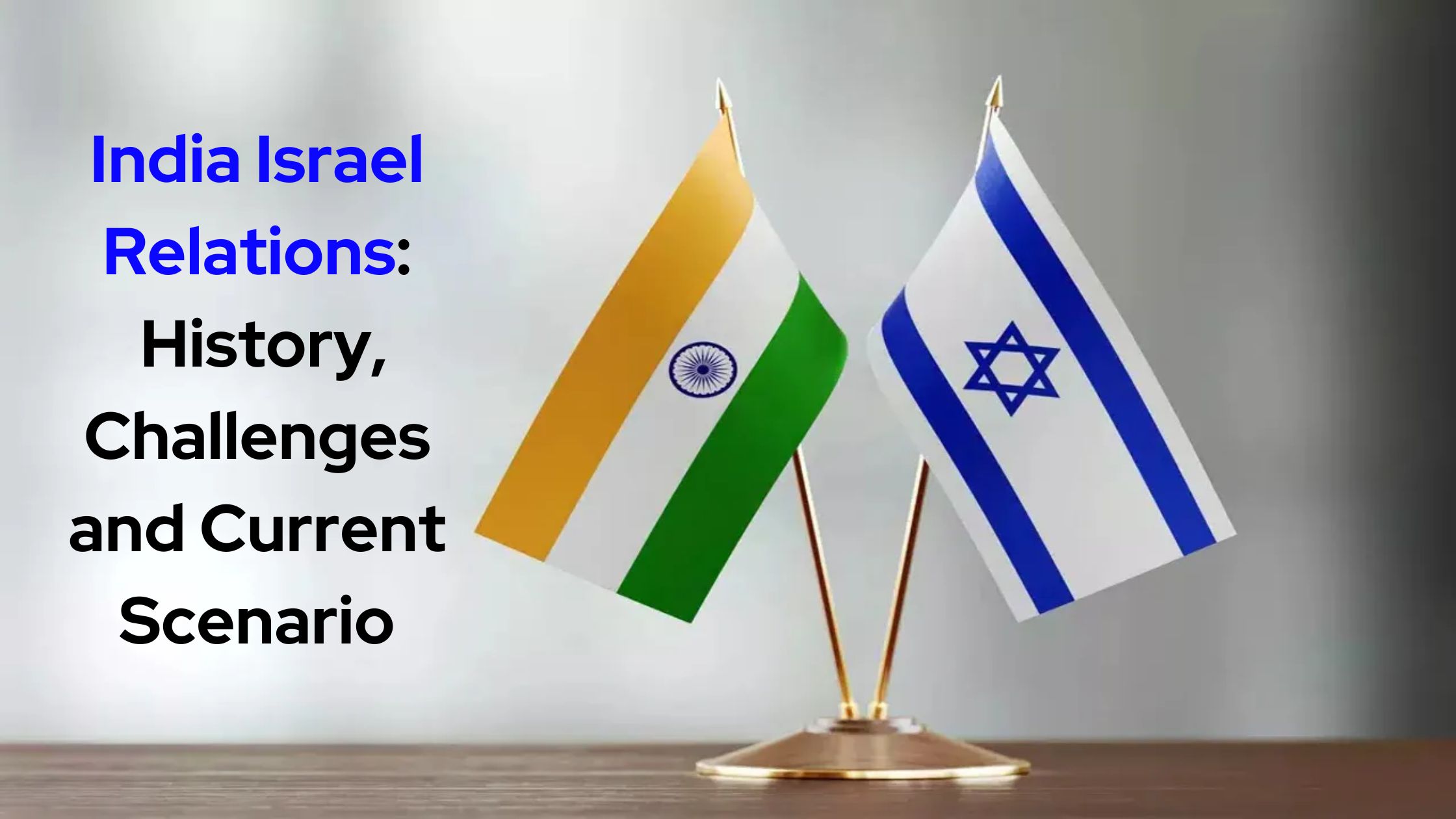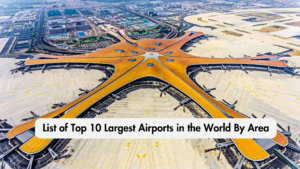
In terms of bilateral economic, military, and strategic relationships, the Republic of India and the State of Israel are referred to as having India Israel relations. Israel has one embassy in New Delhi, one consulate in Mumbai, and one in Bengaluru. India’s embassy in Tel Aviv serves as its point of contact.
India-Israel relations through time:
Despite gaining independence from the British Empire a year apart, Israel and India’s diplomatic relations were officially established in 1992. The chilly relations between India and Israel in the beginning were mostly a result of the Cold War politics. While maintaining close ties to the Soviet Union and the Arab world due to its closeness, India was a member of the Non-Aligned movement, while Israel was a NATO and US ally. In the 1980s, as the Cold War started to thaw, so did the two countries’ relations, starting with a flurry of bilateral engagement. Israel contributed information during the Kargil conflict in 1999 and disaster help during the Bhuj earthquake in 2001, demonstrating this. Both nations have profited greatly from the introduction of full diplomatic relations. One of Israel’s top trading partners is India. Now, security-related agreements and help in fields like agricultural and water desalination are the main focus of bilateral trade and collaboration.
Military Partnerships:
Israel also provides counter-insurgency training to India’s anti-terror troops in addition to selling radar and surveillance equipment for military use. With the election of Prime Minister Narendra Modi in 2014, relations between India and Israel has strengthened. Israel delivered to India weapons and defense products worth $662 million between Modi’s election in May 2014 and November 2014. This export volume exceeds the sum of Israel’s exports to India for the previous three years. In February 2015, Israeli Defense Minister Moshe Ya’alon traveled to India for the first time on an official basis. Prior to the summer visit of Indian Prime Minister Modi, three warships from the Indian navy berthed in the port of Haifa on May 10.
When the ships, the INS Mumbai, the INS Trisula, and the INS Aditya, arrived at the harbor, they took part in a naval exercise with the Israeli navy. India has plans to buy more weaponry from Israel in July 2020 as a result of the deteriorating ties with China. The bilateral relationship between Israel and India’s defense ministries has been addressed, and there has been a desire to encourage more involvement of Israeli defense firms in the Indian defense industry.
Partnerships in Agriculture:
In 2008, the two countries established a $50 million agricultural fund with an emphasis on microirrigation, farming technologies, and dairy. The Indo-Israel Agricultural Project was made up of this. By March 2014, ten centers of excellence were operational across India, providing farmers with free training sessions on productive agricultural practices employing Israeli technological know-how. Some of the topics covered at the centers include soil solarization, vertical farming, and drip irrigation. Mangoes, tomatoes, pomegranates, and citrus fruits are the main crops farmed at these facilities. By visiting the linked article, you can find answers to UPSC International Relations Questions from prior years.
Recent Changes in India-Israel Relations:
A combined training session between the Indian Red Cross Society (IRCS), MDA-Magen David Adom (Hebrew for Red Star of David), and the Israeli National Emergency Medical Service was held in July 2017 with the goal of enhancing and modernizing the first-responder abilities of the IRCS.
A record number of 70,000 visitors from India came to Israel in 2017. In 2018, this pattern persisted, with 40,000 Indian tourists traveling to Israel in the first half of the year alone. The number of tourists is anticipated to keep increasing after Air India started operating speedier (about 7-hour) direct flights between New Delhi and Tel Aviv four times per week in March 2018.
In July 2018, the Israel-India Industrial R&D and Technological Innovation Fund (I4F) announced its first recipients, including businesses aiming to improve the lives of Israelis and Indians by using solar energy, improving communications infrastructure, and performing life-altering surgeries. The fund’s objective is to aid Israeli businessmen in entering the Indian market.
Defense and arms agreements between India and Israel are the foundations of their cooperation:
India purchased from Israel in 1996 IAI Searcher Unmanned Aerial Vehicles (UAVs), Electronic Support Measure sensors, and Air Combat Manoeuvres Instrumentation simulator systems. Indian military representatives traveled to Israel in 2008 to talk about collaborative weapons development initiatives, increased sales of Israeli technology, and anti-terrorism strategies. The Defence Research and Defense Organization and the Directorate of Defence Research and Development inked a bilateral innovation agreement on November 9, 2021.
Israel supports the Two-State Solution and stands with India on issues pertaining to national security and defense. India bought the Russian IL-76 cargo aircraft’s Phalcon AWACS and IAI radar equipment.
Frequently Asked Questions about Relations Between India and Israel:
Q1 What is the military component of relations between India and Israel?
Israel is the second-largest defense exporter to India after Russia, and India is the country that purchases the most Israeli military hardware. The military trade between the two countries was worth around billion between 1999 and 2009. Joint military training and intelligence sharing are also part of the two countries’ strong military and strategic ties.
Q2 How did Israel support India during the Kargil conflict?
Israel provided weapons, such as mortars and laser-guided bombs, for Indian aircraft during the 1999 Kargil War. In spite of growing international pressure to do differently, it was one of the few nations that directly assisted India.
Q3. What kind of relationship has India and Israel?
The geopolitical, military, and economic ties between the two nations are strong. Israel has one embassy in New Delhi, one consulate in Mumbai, and one in Bengaluru.
To wrap it up:
It is impossible to ignore the significant developments in India-Israel’s relationship. Both nations have progressed in their understanding of one another, from their cultural ties to their defense and strategic relationships. Within a few months, both nations achieved independence from the UK. While India has aided Israel in economic cooperation, Israel has assisted India in defense and national security. India is now Israel’s tenth-largest trading partner. Both nations have advanced in science and technology, and they are currently cooperating on issues related to space technology. Together, both nations have had ups and downs. Both have evolved from being in strategic alliances to diplomatic alliances.







